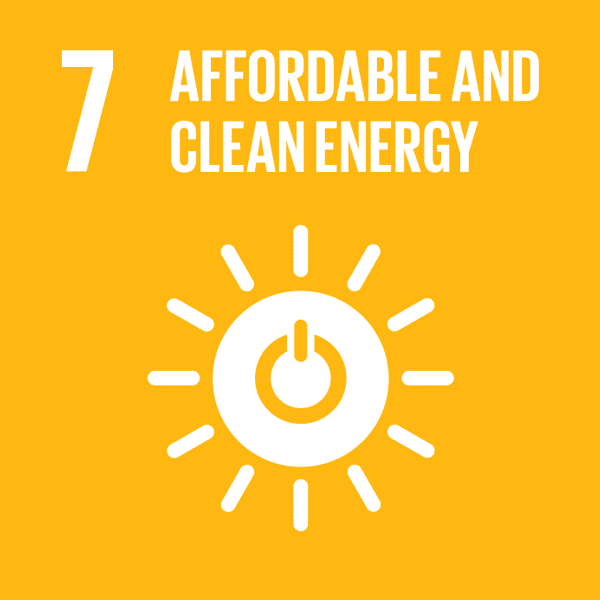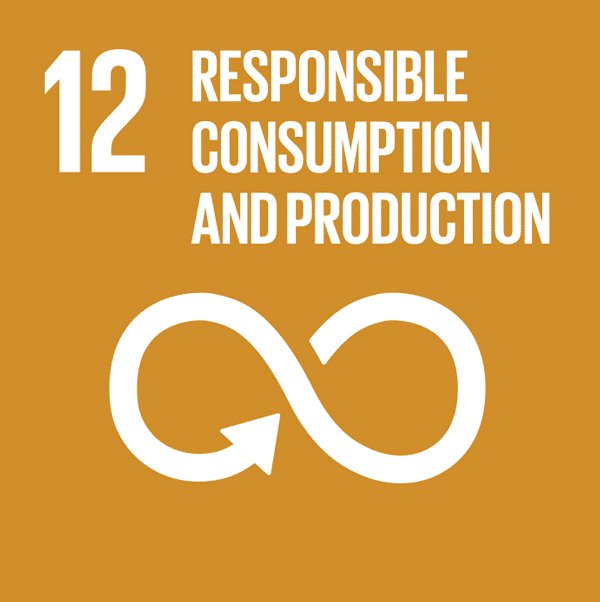How can we accelerate the adoption of clean and energy efficient solutions within the Canadian economy?
Challenge proposed by
Challenge award: $5,000
+ accompaniment from CanmetÉnergie à Varennes experts
Challenge award: $5,000
+ accompaniment from CanmetÉnergie à Varennes experts
Background
To prevent catastrophic climate change, the global energy system must move toward net-zero carbon emission targets. This energy transition will require significant changes to many sectors (e.g. industrial, building, transportation, agricultural), but will also drive sustainable, long-term, economic growth and improve quality of life around the globe.
The type of problem we want to solve or an opportunity we want to create
In the lifecycle of technology adoption, there are four key aspects: research, development, demonstration, and deployment. While there is a lot of focus on the beginning of this process, the latter stages are equally important. Scaling up and deploying technologies is especially challenging when the technologies in question are designed to solve problems that don’t have immediate tangible benefits, as is the case with technologies that reduce greenhouse gas emissions.
Technologies reducing carbon emissions exist, yet the adoption rate of such cleantech and energy efficiency measures has not been rapid enough to cause significant reductions in energy use, especially given the increase in energy demand due to factors like a growing Canadian building stock. Taking the example of heat pumps: Between 1990 and 2017, their proportion of residential sector space heating systems only increased by 4.1%, displacing mostly oil-based heating, despite being a proven, highly efficient technology.
The slow adoption and integration of clean energy technology can be attributed to a variety of factors, including low public awareness and knowledge, low confidence in the technology, or a weak economic case relative to more conventional, carbon-emitting technologies. This challenge aims to look at promising clean and energy efficient solutions and how to facilitate their wide-scale deployment and diffusion.
Defining the need for innovative solutions
Some promising clean technologies have been in development or demonstration for decades and are still unable to break through into the deployment phase of technology adoption where they could help in achieving net-zero carbon emission targets. So far, approaches to the adoption of these technologies have been largely based around supportive government interventions that have varied significantly depending on the political climate. Considering the slow pace of adoption so far, relying on this strategy alone will be insufficient to bring these technologies into wide-scale deployment, so different, innovative solutions must be sought out to facilitate and accelerate their deployment.
These solutions must help overcome technology adoption inertia through strategies such as cost-competitiveness through economies of scale, increased public and market awareness, dissemination of best practices, improved market structure, and revisited regulatory frameworks.
In the context of Cooperathon 2020, the CanmetENERGY research centre in Varennes is looking for innovative solutions in order to:
- Incentivize consumers to become prosumers by leveraging potential in distributed energy resources like distributed solar PV systems and electric vehicles by:
- Investigating new market approaches;
- Designing new interactive tools;
- Challenging existing rate structures;
- Creating programs for electric utilities to adopt in communities and/or specific sectors.
- Drive the decarbonization of Canadian buildings by:
- Raising the energy awareness of building owners by providing them with accessible tools to better understand and benchmark their energy use and performance;
- Developing tools and strategies to identify and disseminate best practices and successful concrete solutions for buildings energy reduction at the regional or local level;
- Proposing business models and innovative approaches to stimulate the adoption and scaling of energy efficient technologies in buildings.
Statistics and Data
Tackle this challenge and let the adventure begin!
Let your network discover this challenge:
Let your network discover this challenge:
[Sassy_Social_Share]
Use hashtag : #cooperathon20
Use hashtag : #cooperathon20
We connect passion and talent, communities and academics. Together we develop a socially responsible future.
“Cooperathon” is a Trademark of the Fédération des caisses Desjardins du Québec.
Subscribe to the Cooperathon Newsletter
Subscribe to the Cooperathon Newsletter
We connect passion and talent, communities and academics. Together we develop a socially responsible future.
“Cooperathon” is a Trademark of the Fédération des caisses Desjardins du Québec.










